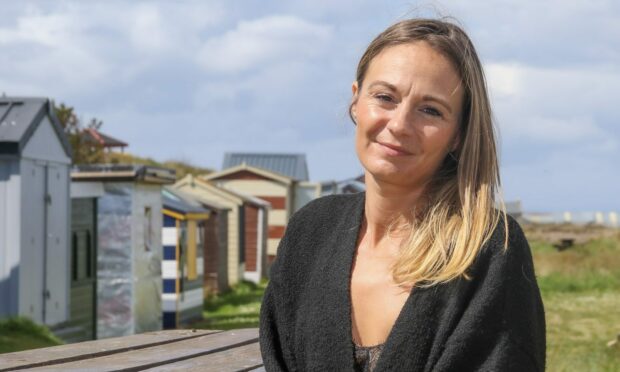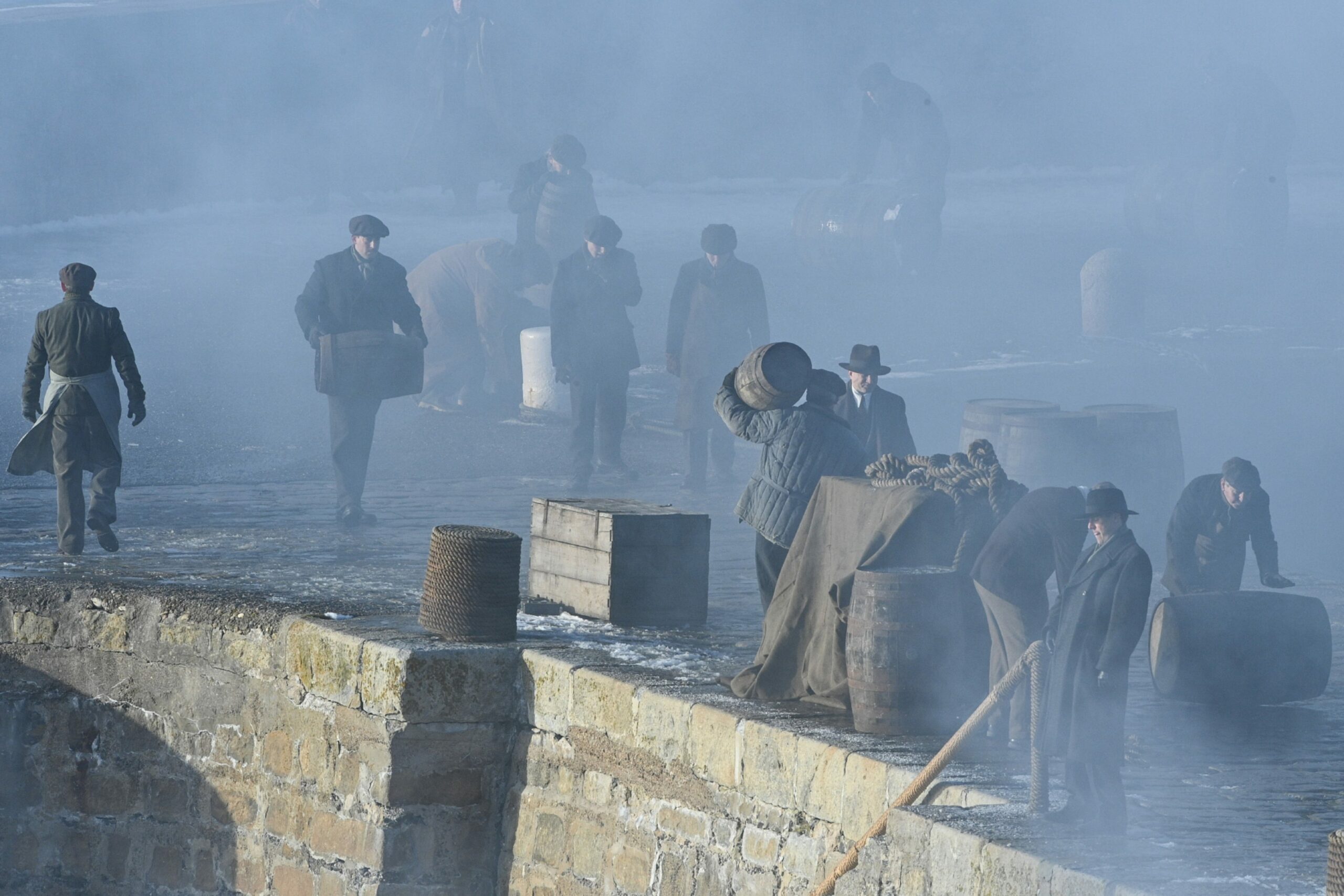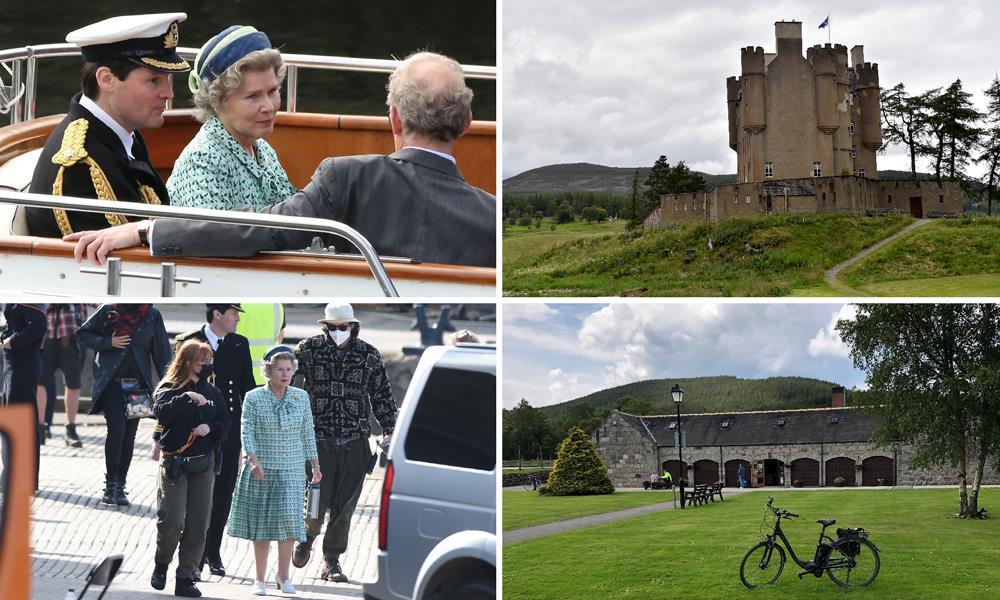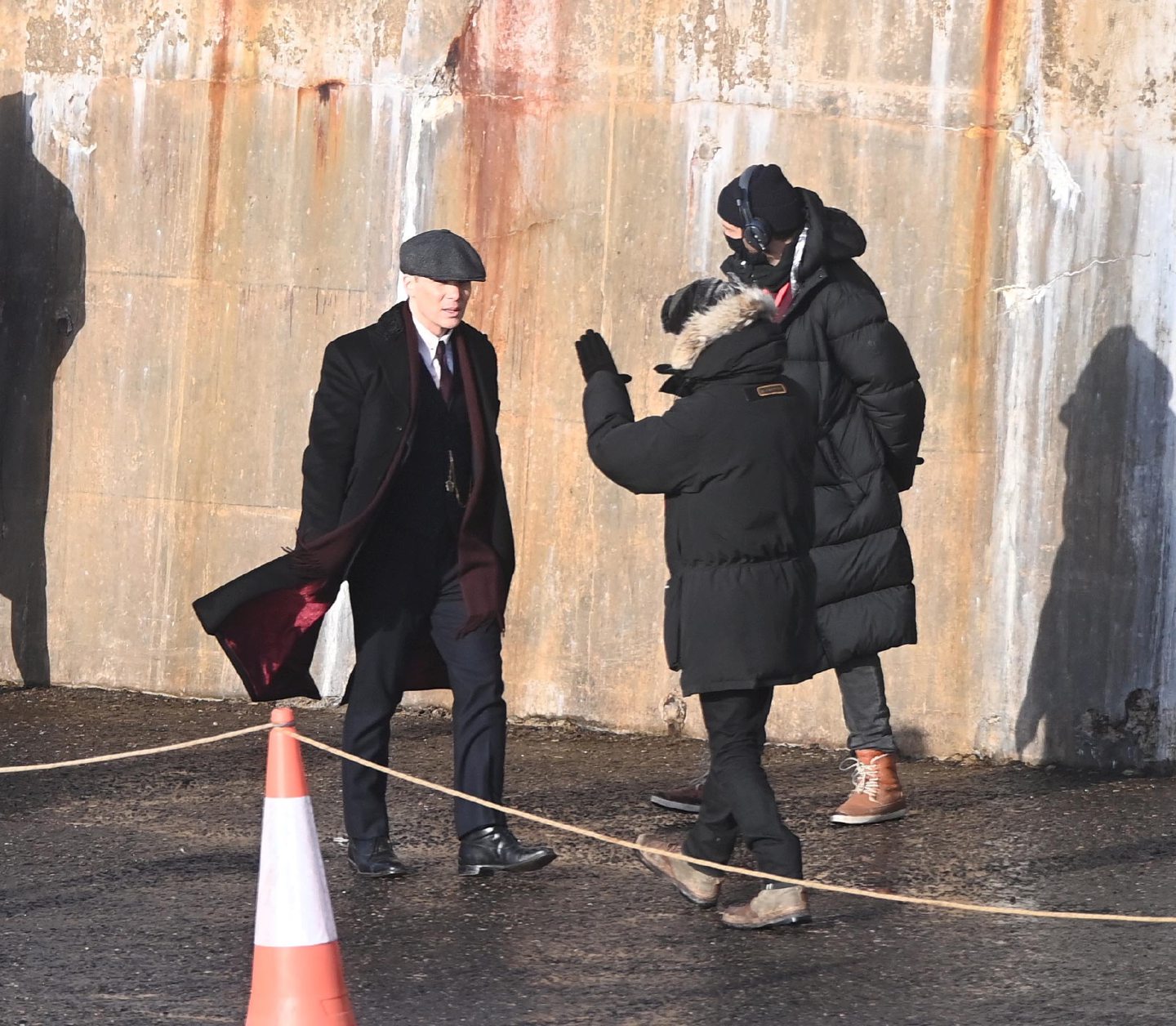A Moray-based company, with links to production and location agencies throughout the UK, has called for a film and TV studio to be built in the north or north-east of Scotland.
Samantha Hill, the managing director of Elgin-based Openbrolly, is convinced that such facilities would attract investment and boost employment and tourism.
The firm, founded in the Highlands more than 20 years ago, has acquired dozens of customers, including local authorities, who use its software to help promote locations, including Aberdeenshire, where scenes for the final series of the popular TV drama Peaky Blinders were filmed in Portsoy in 2021.
Mrs Hill argued that the pattern of success for most areas was the same. Once major broadcasters have used local facilities, the rest of the process follows organically.
Studio facilities at locations is ‘key’
She said: “Having studio and management facilities at locations is key to getting big productions to settle. But it’s also useful for smaller, and educational, projects.
“Production companies will often turn down the ideal location due to lack of infrastructure. Having no studio facilities is a big headache for film producers, so they spend in another area, or give up entirely.
“Our clients have some of the best locations in the world for film, TV and on-screen advertising – the industry has been talking about this for as long as I have been in it, but we are no further forward.
“[That’s why] interior scenes for productions are often filmed in cities hundreds of miles away. That’s not only counterproductive for filmmakers, but also for the area.”
‘There is a national shortage of studio space’
Netflix recently revealed it has spent £4.8 billion since 2000 on UK productions, 50% more than it had anticipated, with three new titles in the pipeline.
Mrs Hill added that the benefits are massive from inward investment, promotion of the area as a tourism destination, and opportunities for local employment.
She said: “In the north-east, we can instantly provide crew, production companies and facilities, so we’re in a position to hit the ground running. Film production also requires specialist skills, and without this facility locally, they too have to be brought in.
“There is also an increasing responsibility for acting sustainably. Money spent on fuel, energy and travel could be better spent locally. However, the biggest growth area is leisure spend.
“There is a national shortage of studio space and we have unique locations. Cast and crew can stay longer in an area, so local businesses will benefit.”
The benefits could be huge
Bafta-winning film-maker Anthony Baxter previously told The Press and Journal: “A new film studio in Inverness or Aberdeen would be a tremendous asset for Scotland.
“There is a growing list of high-end content being shot in the country for streaming platforms and available studio space offering adaptable sound stages is key.”
He confirmed that the knock-on effects of production ripple through the local economy, as Edinburgh has demonstrated with The Rig, which was a hit for Amazon Prime.
The streaming company is reported to have invested more than £50 million and created 750 jobs through filming several big series in Scotland.
So what is needed to make it happen? Who starts the ball rolling?
It needs joined-up thinking
Mrs Hill said: “Setting up a new studio can be a complex process that requires careful planning and consideration and it can attract inward investments from a variety of sources, including government, private investment, real estate development, and tourism and economic development.
“We are not in the business of building studios, but we would love to see this happen, and we would be happy to be part of the solution.”




